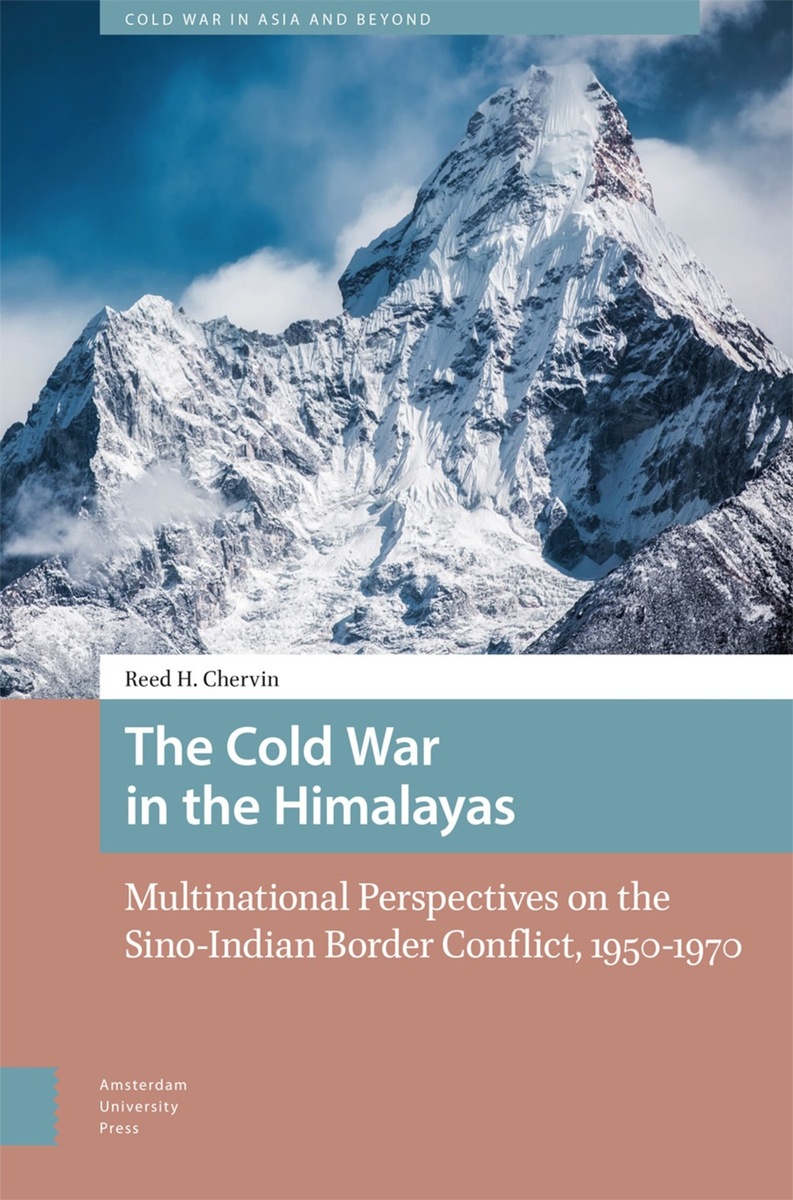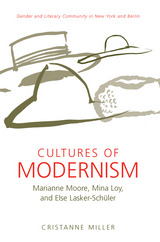The Cold War in the Himalayas: Multinational Perspectives on the Sino-Indian Border Conflict, 1950-1970
Amsterdam University Press, 2024
Cloth: 978-90-485-5935-0 | eISBN: 978-90-485-5936-7
See other books on: 20th Century | Asia | Cold War | Himalayas | International Relations
See other titles from Amsterdam University Press
Cloth: 978-90-485-5935-0 | eISBN: 978-90-485-5936-7
ABOUT THIS BOOK | AUTHOR BIOGRAPHY | TOC
ABOUT THIS BOOK
Extensive in scope and drawing on newly available evidence from multinational archives, this book reconsiders Sino-Indian border issues during the middle Cold War using multiple established analytical frameworks. It demonstrates how key countries perceived and engaged with the border conflict by aiding the two main participants morally and materially. Before, during, and after the 1962 Sino-Indian border war, multinational political actors pursued their foreign policy goals (e.g., trade, security, and prestige) concerning the frontier, and often tried to destabilize spheres of influence and bolster alliances. Therefore, this contest signified a variation of the Anglo-Russian Great Game in Asia during the nineteenth century, and the theater of operations encompassed not only the border itself, but also the Himalayan kingdoms, Tibet, and Burma. A reevaluation of the border conflict between India and China is necessary given current, ongoing clashes at their still unresolved border as well as the fact that these two countries now possess enhanced technology and weapons.
See other books on: 20th Century | Asia | Cold War | Himalayas | International Relations
See other titles from Amsterdam University Press












